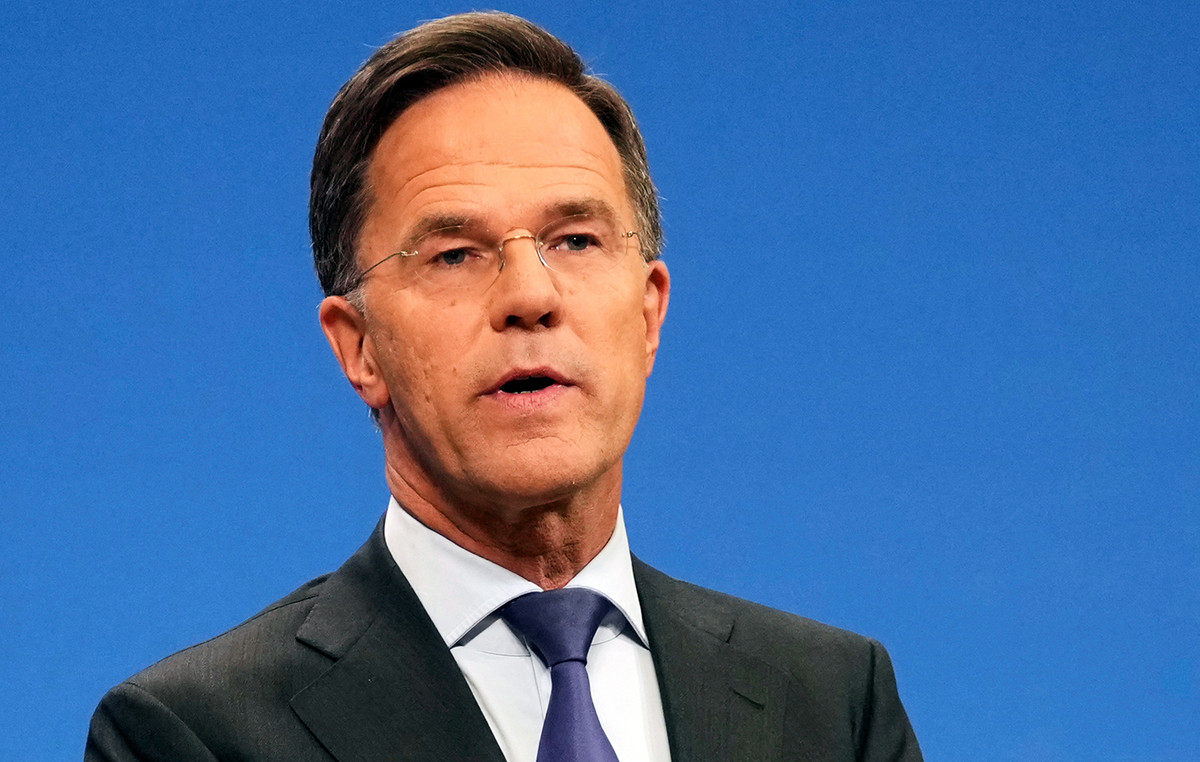Brazil has been suffering in recent decades with an accelerated and worrying process of deindustrialization. The numbers make it clear: the national industry, which in 1990 accounted for 38% of the Brazilian GDP, saw its share drop to just 20% in 2021.
And the problems arising from this process are visible and harmful to the entire society and the economic chain. The most impactful of them is the loss of thousands of job openings – which in the industry offer good remuneration.
The problems are long known and form what has come to be called Brazil cost: a set of structural, bureaucratic, labor and economic difficulties that hinder the country’s growth, negatively influence the business environment, increase the prices of national products, compromise investments and contribute to an excessive tax burden.
To give you an idea, the CNI (National Confederation of Industry) estimates that the Brazil cost withdraw from the companies installed here around R$ 1.5 trillion per year, which is equivalent to 20.5% of the national GDP.
But the good news, pointed out and defended also by the CNI, is that the solutions to all these problems are there, it only takes effort and willpower to carry them out.
Starting with structural reforms, as a Tax reform broad, involving all spheres of the Federation, urgent and essential to simplify the tax collection system, nowadays one of the most complex – and consequently, unfair – in the world.
In addition, it is necessary to also make a Administrative Reform, to make public spending more efficient, improve the provision of services to the population and contribute to the country’s fiscal balance.
The attraction of private investments is also essential for the recovery. the implementation of new legal milestones in the infrastructure sector, in particular in the areas of basic sanitation, natural gas and the electricity sector, they are crucial to modernize and increase the reach of these sectors, with a direct impact on the competitiveness of our economy and on the population’s quality of life.
A good example is the privatization of state-owned companies, such as Eletrobras, and the public service concession, especially in the area of transport, which could make the industrial sector stronger and more competitive.
But, in addition to all these measures, it is urgent that the country face the investment in innovation as a national priority, ensuring stable resources for Research and Development and improving support instruments for companies operating in these areas.
This will only be possible with an external agenda that favors a greater and better insertion of Brazil in the global economy, promoting a gradual and secure opening, through good trade agreements that bring concrete benefits to our country.
It is only with projects and proposals that focus on innovation and improvement of the business environment that the country will be able to reverse the current trend of deindustrialization.
Having a strong and competitive industry is vital for the country’s growth and modernization.
Reference: CNN Brasil




.jpg)


